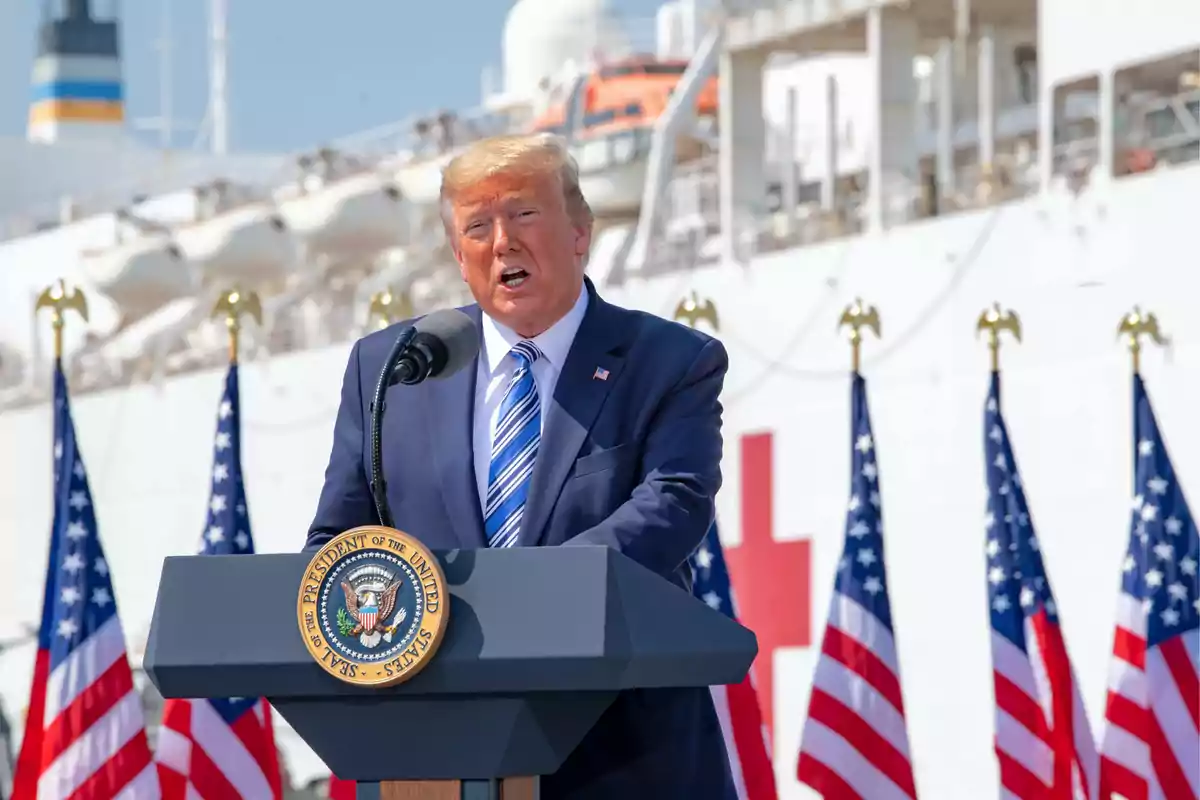
The government of Trinidad and Tobago supported the US deployment in the Caribbean Sea.
The prime minister of the Caribbean country stated that she agrees with the U.S. naval deployment and offered Trinidadian cooperation
The recent decision by the government of Trinidad and Tobago to support the United States in the event of a conflict with Venezuela over the Essequibo region has represented a major shift in Caribbean security and alliances.
In response to the deployment of U.S. Navy destroyers and amphibious ships near the Venezuelan coast, in an operation aimed at combating drug cartels, Prime Minister Kamla Persad-Bissessar expressed her support for Washington and stated that her country would allow the use of its territory if Nicolás Maduro's regime attacks Guyana.
This stance comes amid escalating tensions between Guyana and Venezuela over the Essequibo region, a 160,000 square kilometer (61,776 square mile) strip rich in natural resources.
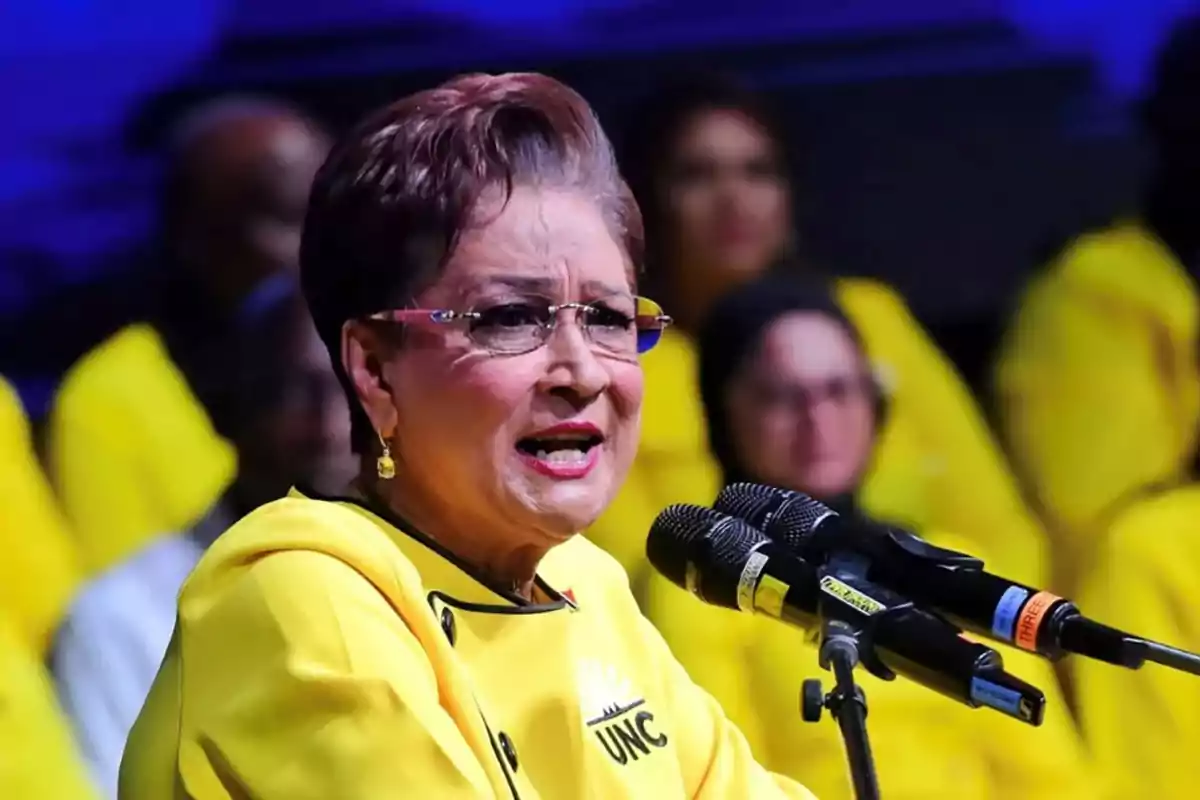
The origin of the conflict dates back to the 1899 Paris Arbitral Award, which granted sovereignty over the territory to what was then the British colony of Guyana. Venezuela, however, never recognized this award and keeps its claim over the region.
The situation worsened in December 2023 when Maduro's government held a referendum with the intention of annexing Essequibo, an action that triggered international alarm over the risk of a possible invasion.
Persad-Bissessar justified her support for the United States by stating that transnational crime and violence in the Caribbean have reached unprecedented levels, and that small island states don't have the necessary resources to confront the threat posed by the cartels.
In 2023, Trinidad and Tobago recorded a record 625 homicides, with a rate of 45.7 per 100,000 inhabitants, nearly half of which were gang-related.
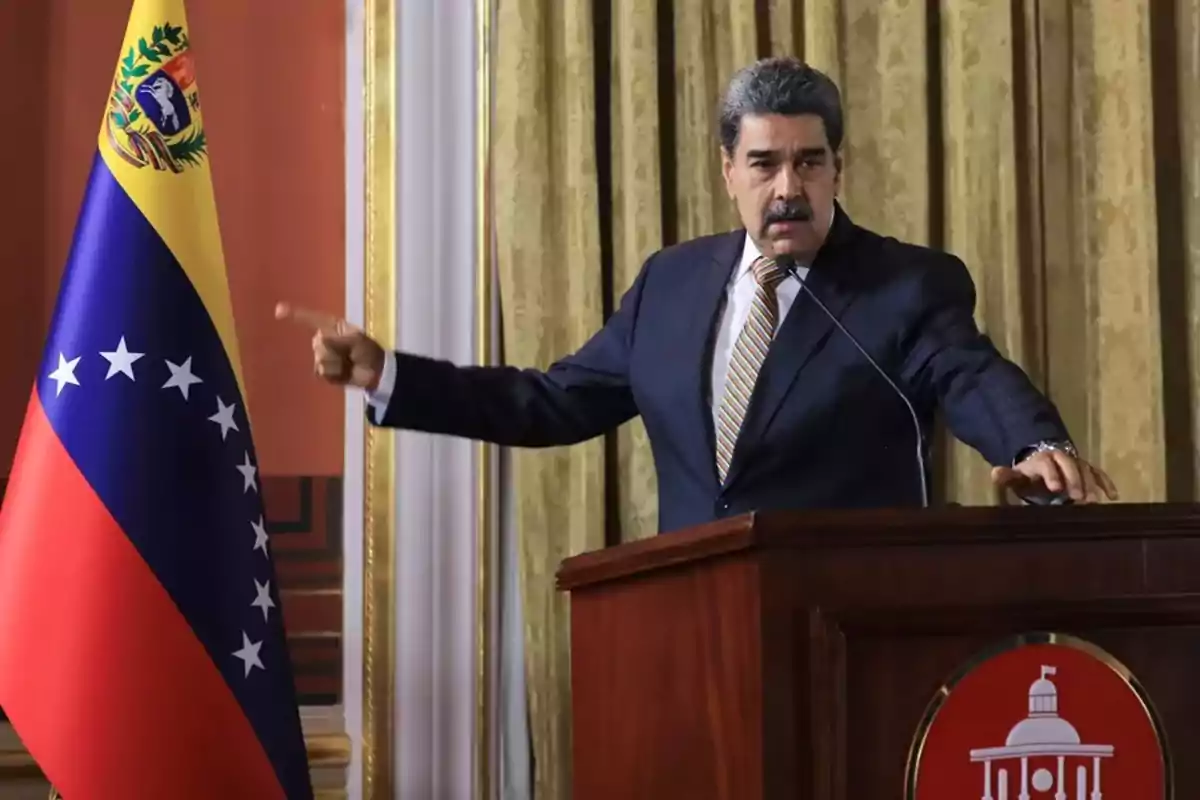
Other countries such as Suriname, Barbados, and the Turks and Caicos Islands also doubled their homicide rates, making the region one of the most violent in the world.
The prime minister argued that drug cartels, arms trafficking, and human trafficking have infiltrated the region's political and economic structures, weakening governments' ability to confront organized crime.
In this context, Trinidad and Tobago views U.S. intervention favorably as necessary support to ensure stability and combat these criminal networks. In the same vein, Jamaica's prime minister, Andrew Holness, proposed declaring gangs as terrorist organizations, given their growing destructive power.
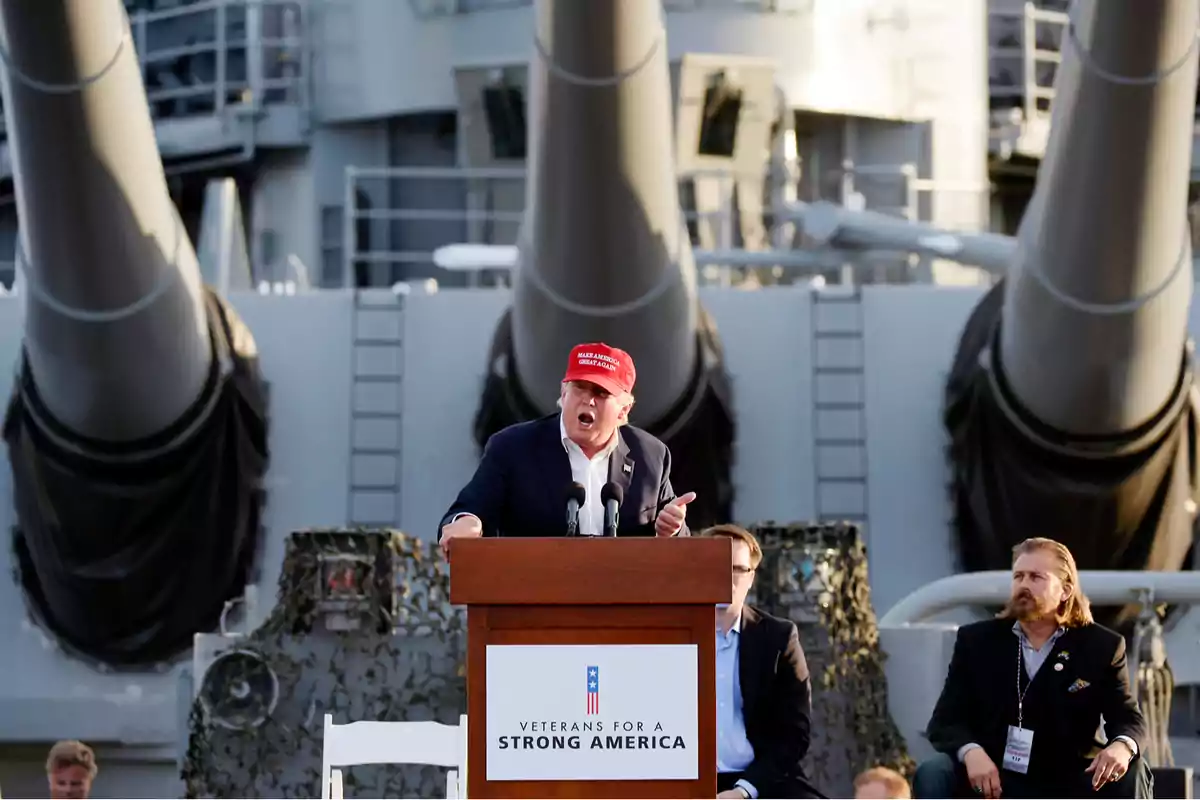
Meanwhile, Guyana also expressed its support for international cooperation in security and committed to working with its bilateral partners to dismantle criminal networks.
President Irfaan Ali warned about the destabilizing potential of the situation and emphasized the importance of strong alliances to protect his country's sovereignty. He also pointed out the relationship between Maduro's regime and the Cartel of the Suns, a criminal organization linked to drug trafficking and led by high-ranking Chavismo officials.
In this scenario, the Venezuelan foreign ministry replied harshly, accusing Guyana of allowing foreign interference in its internal affairs, in exchange for energy benefits from a major U.S. oil company. Caracas described Guyanese statements as provocations and denounced an international campaign to discredit Venezuela.
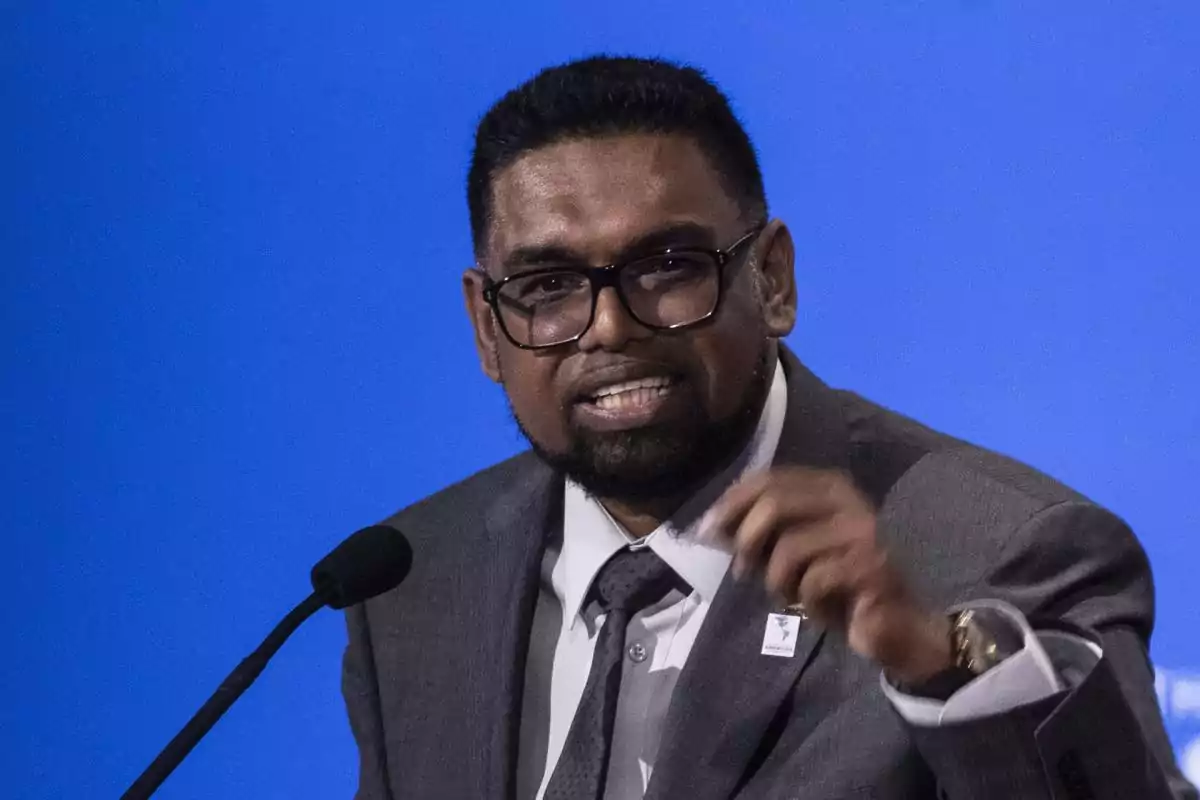
More posts: